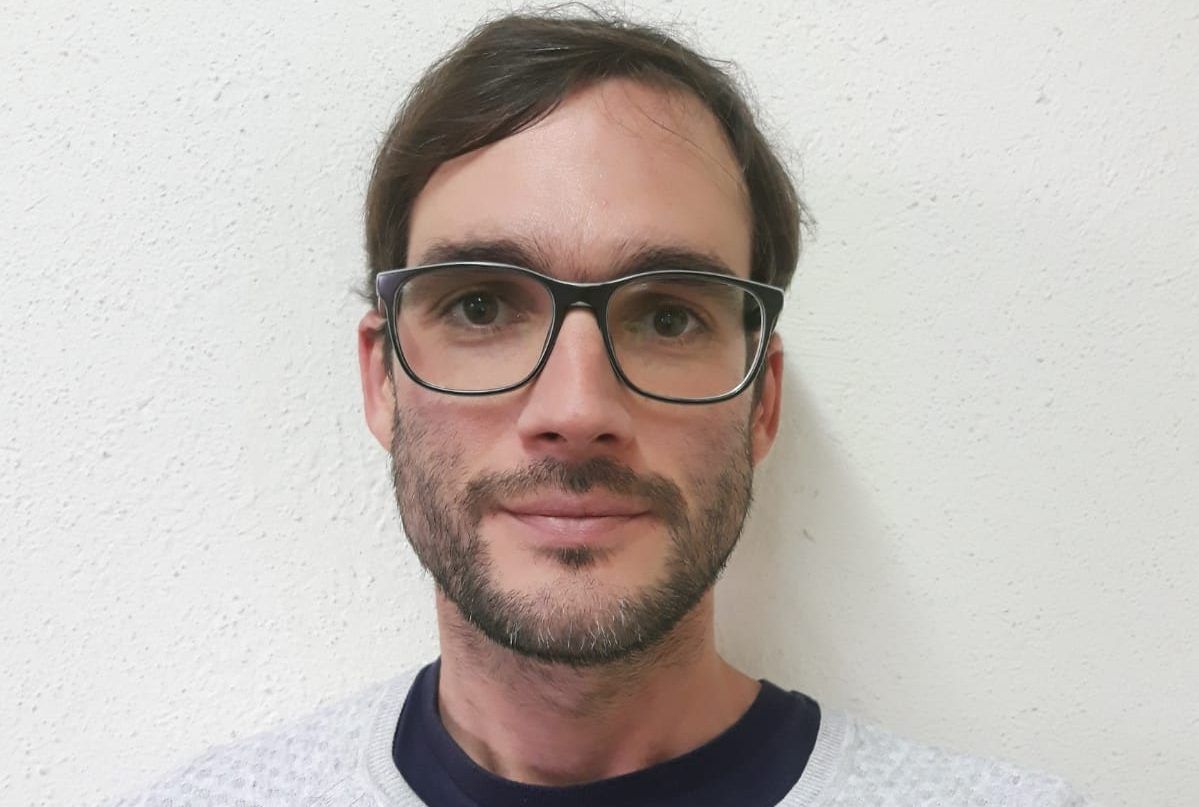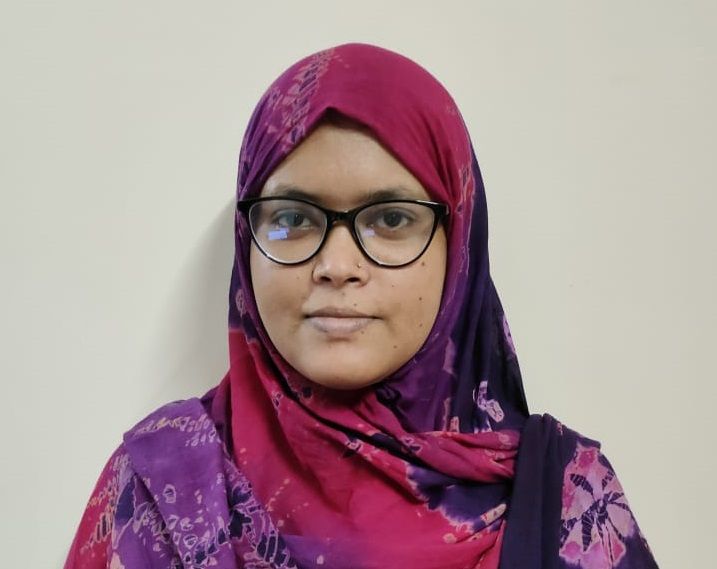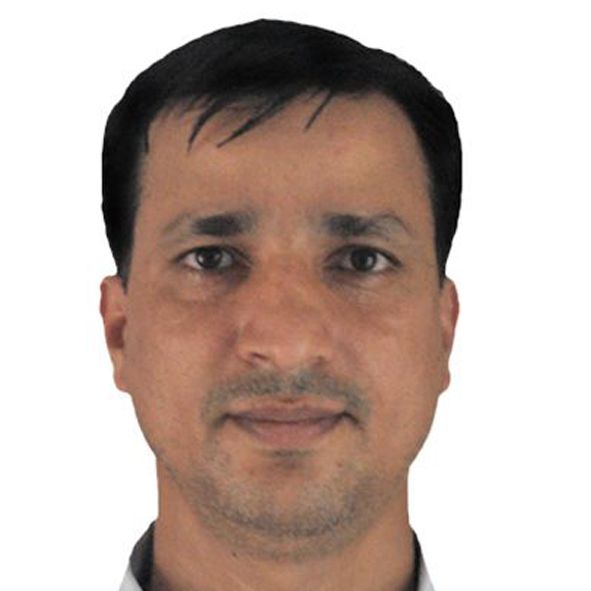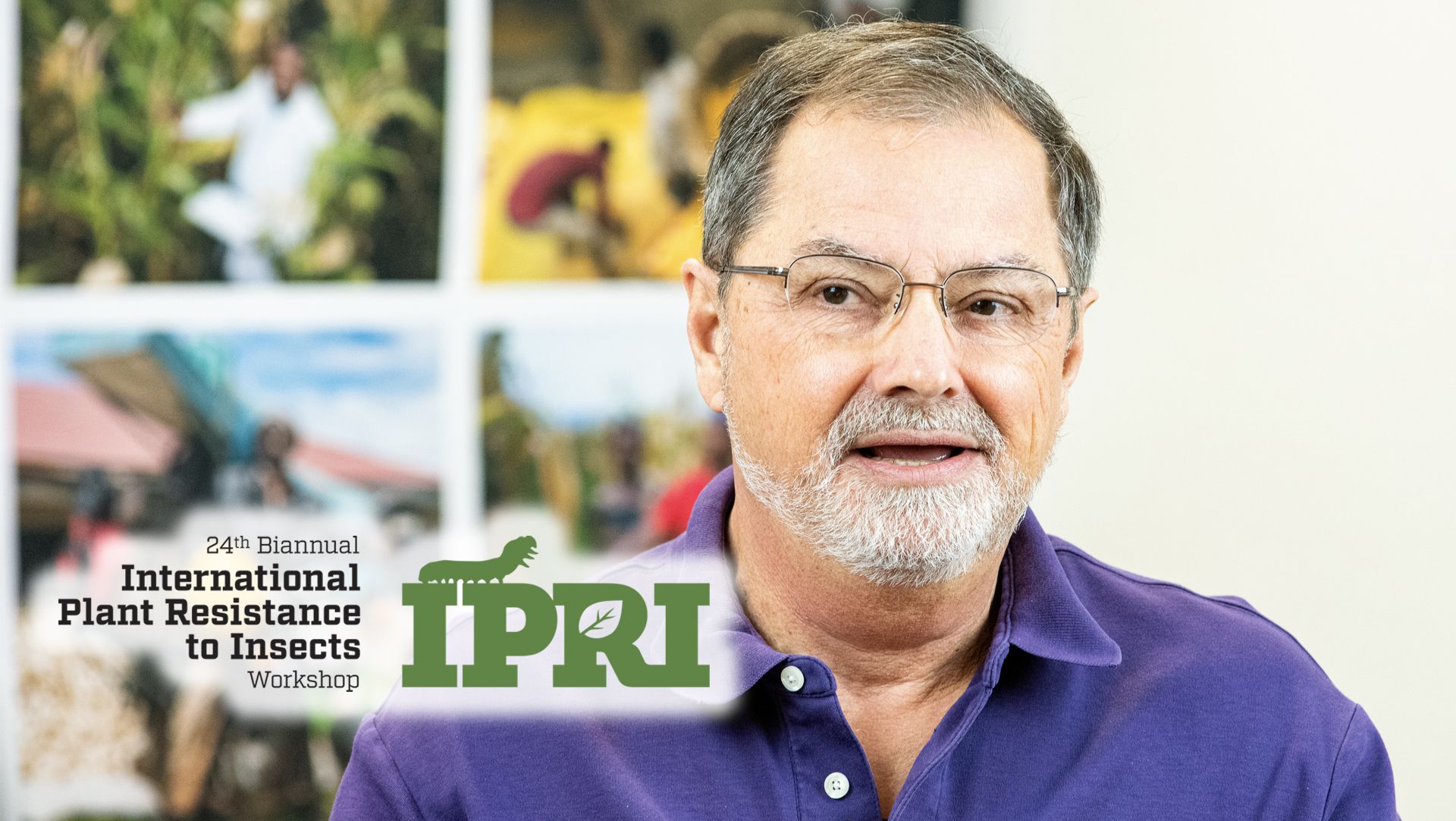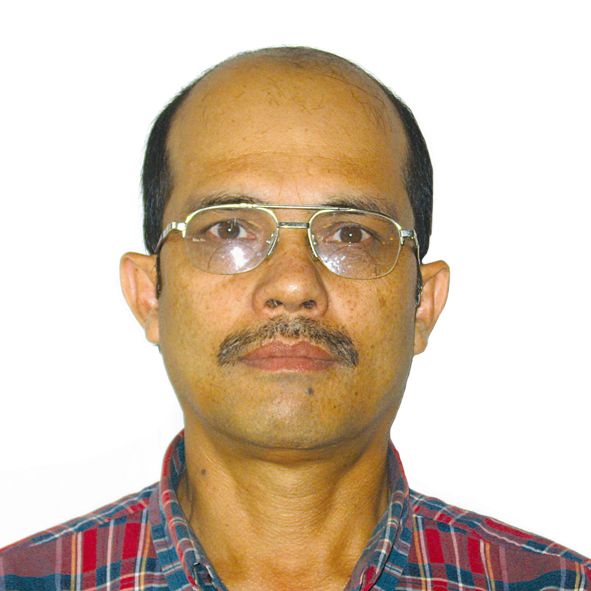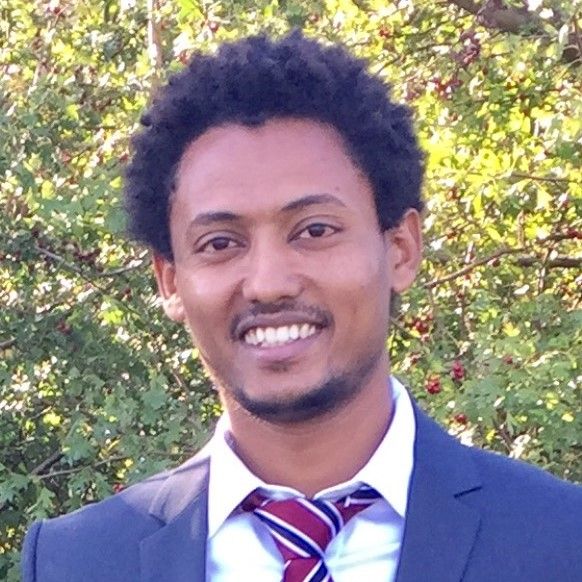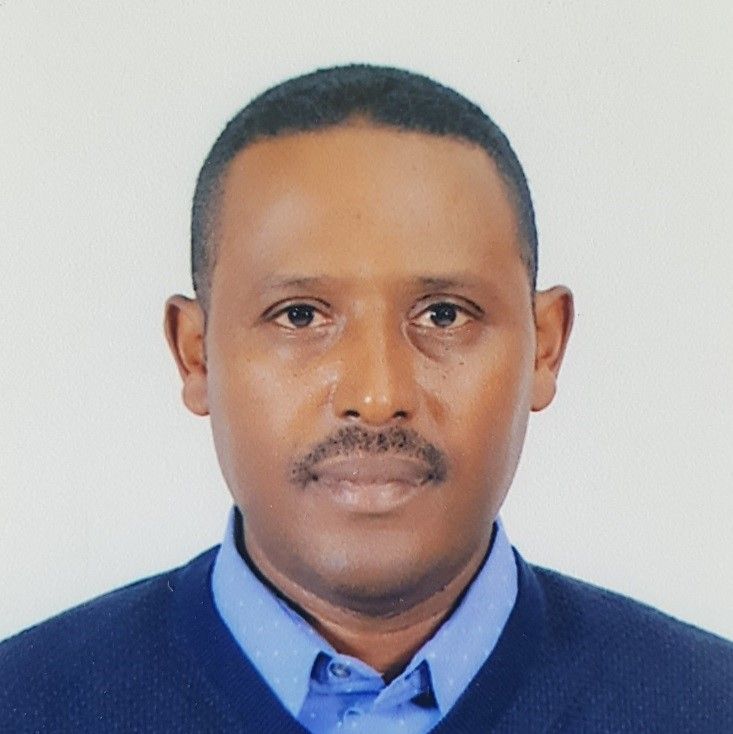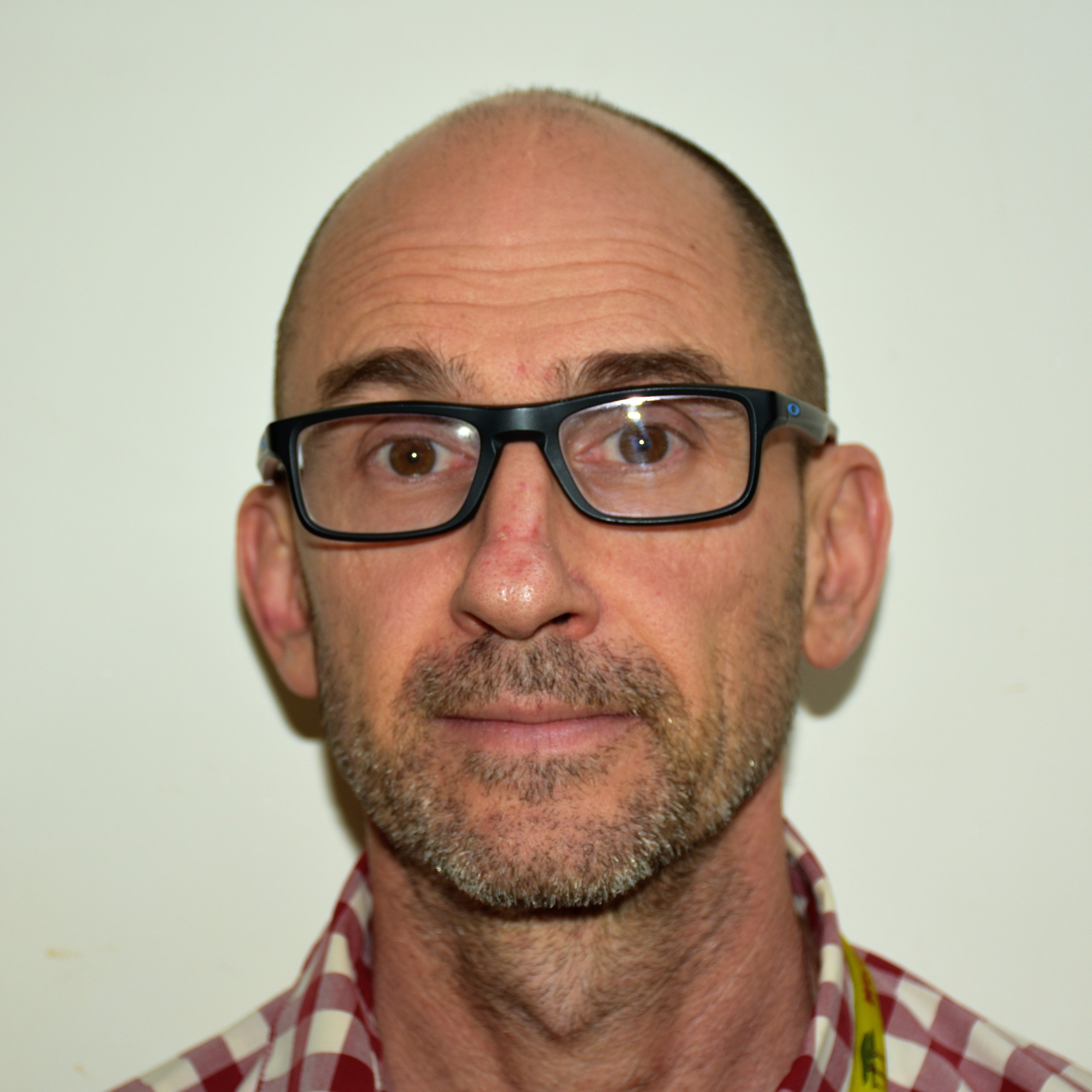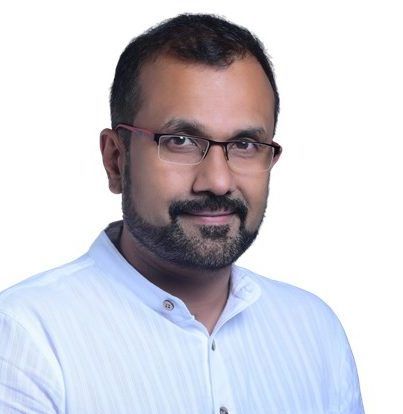Azahar Ali Miah
Azahar Ali Miah is a senior monitoring, evaluation and learning officer with CIMMYT’s Sustainable Agrifood Systems (SAS) project in Bangladesh.
Before joining CIMMYT in 2009, he worked with different development organizations, including projects funded by the World Bank, the Norwegian Agency for Development Cooperation (NORAD), the United Kingdom Department for International Development, the Bill & Melinda Gates Foundation and the United States Agency for International Development (USAID). He also has six years’ experience in the Bangladesh Army.
Miah has a strong ability to identify community strengths and weaknesses from field data collections. He is an excellent team builder and motivator with honed communication and analytical thinking skills. He has seven publications in national and international journals, and is an agricultural economist with an MBA.
